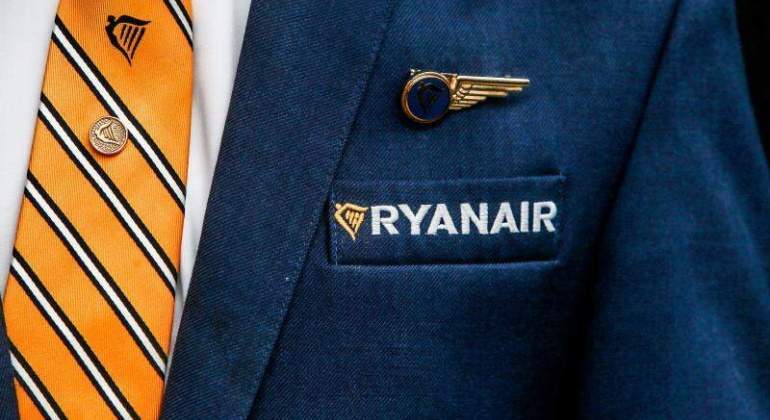The recovery of the airline sector is increasingly a reality, especially for companies that operate in the short and medium range. This is the case of Ryanair , which after increasing routes during the summer, has closed this first week of September with operations figures that exceed 90% of the flights that were carried out during the same dates of 2019.
The Irish low-cost airline is, according to Eurocontrol data, one of the companies that is reaping the best results at the end of the summer. Specifically, as can be seen in the graph, Ryanair carried out about 2,300 daily flights in the last week , a figure that is barely 10% lower than that of the same date in 2019 . These figures place it as one of the first large airlines in passenger traffic that has recovered more operations compared to the last summer before the pandemic, with 90%.
Ahead is only another of the great low cost of Europe, the Hungarian WizzAir -which operates an average of 660 daily flights-, and Volotea -with an average of around 300 daily flights-, whose figures in number of operations remain away from Ryanair’s .
The figures for short and medium-haul companies are not comparable to long-haul companies, for which the recovery will still have to wait. In this sense, for example, KLM has recovered around 75% of the flights it operated in 2019. This figure is similar to that set by Iberia or Qatar Airways in recent weeks .
Far is Air France , with 65% or Emirates , which touches 60%. For its part, the second major airline with the Spanish flag, Air Europa, has not yet managed to recover 50% of the traffic from the last year before the pandemic.
Break up negotiations with Boeing
But not all is good news for Ryanair . The Irish low-cost company reported yesterday the breakdown of negotiations with Boeing for the purchase of a new package of 737 MAX10 aircraft that had been in operation for ten months as a result of the “price difference” between the two parties.
The airline is going ahead with another previous order, through which it will receive more than 200 B737 Gamechanger aircraft in the next 5 years, from 2021 to 2025. With these deliveries, the company’s fleet will increase to more than 600 aircraft with the capacity to transport more than 200 million passengers a year.
This figure is the company’s goal for 2026, a scenario that it hopes to achieve through organic growth, without the need to participate in the consolidation process, which, according to the Economist Dara Brady , Ryanair Marketing & Digital Director , at the beginning of summer, it will take place in Europe in the coming years, “the plan to grow is to buy airplanes and not airlines.
Michael O’Leary , CEO of the Ryanair Group , said he was “disappointed that we were unable to reach an agreement with Boeing on the order for the MAX10.” “We have a rigorous history of not paying high prices for aircraft,” he said, leaving a message to the US aircraft manufacturer about the recovery of the sector.
“We do not share the optimistic price outlook that Boeing has, although this may explain why in recent weeks other large Boeing customers, such as Delta and Jet2, have placed new orders with Airbus, rather than with the Boeing company itself ,” O’Leary pointed out.


